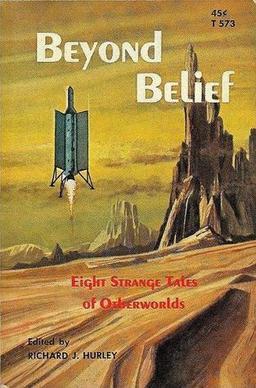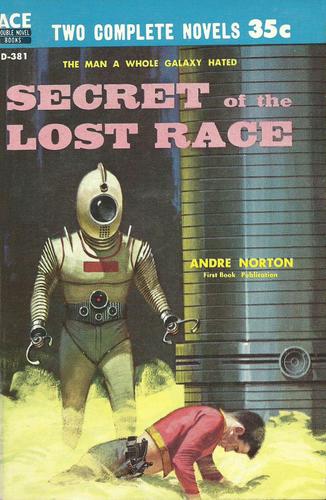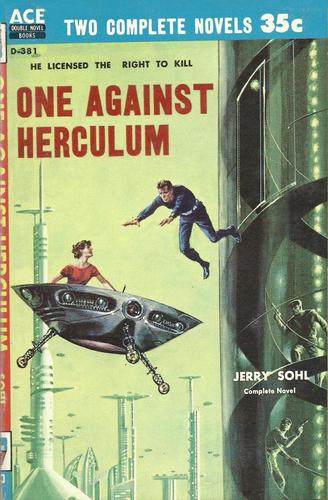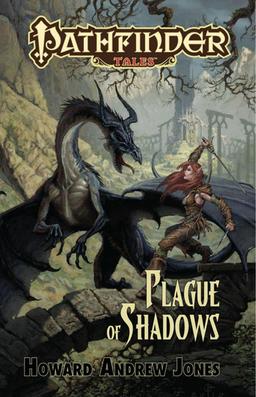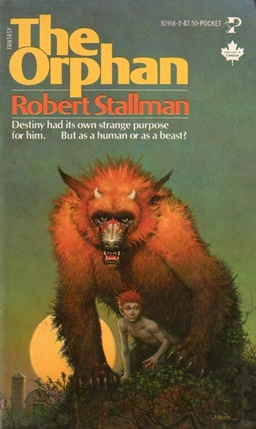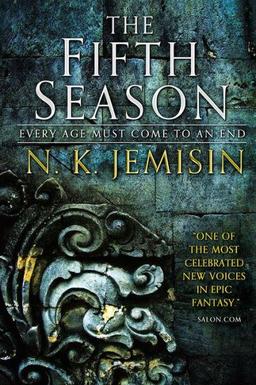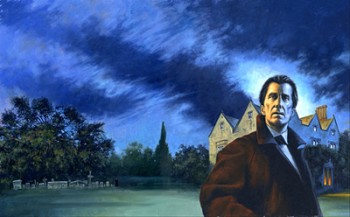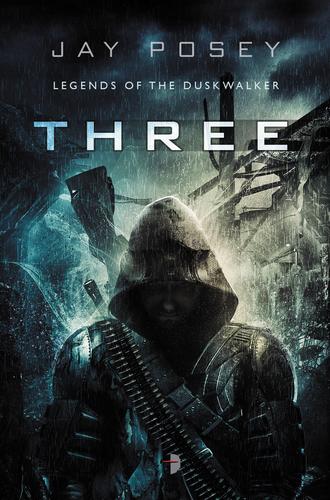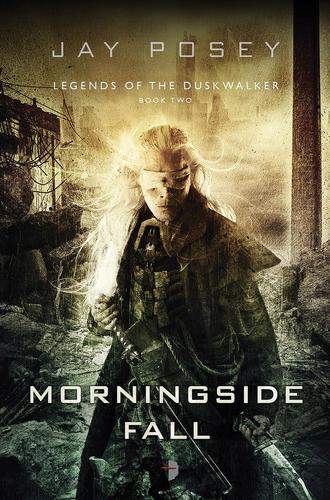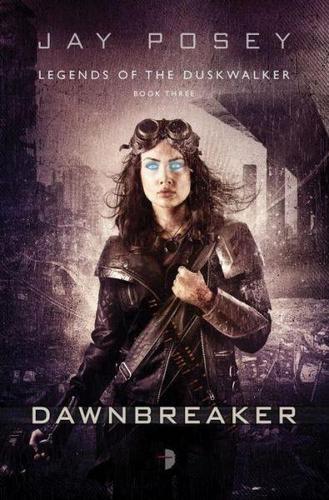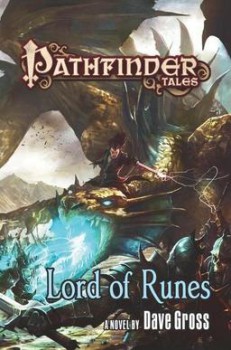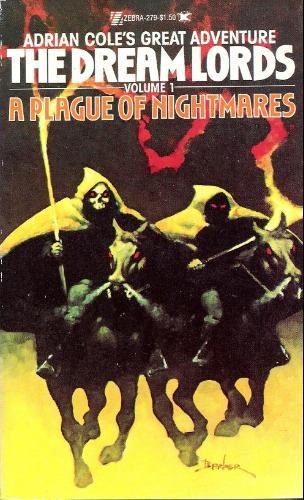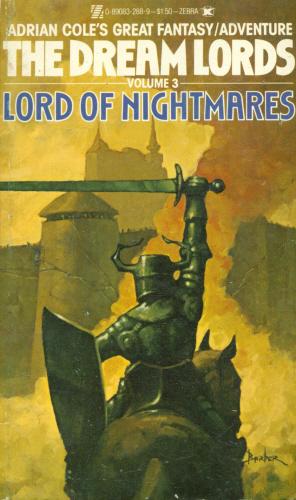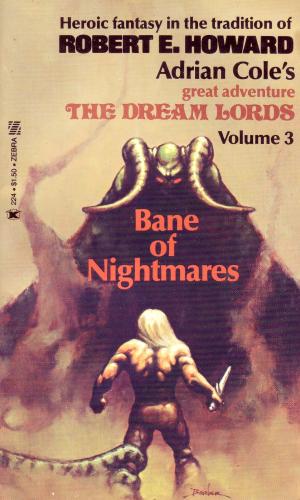New Treasures: Multiverse: Exploring the Worlds of Poul Anderson, edited by Greg Bear and Gardner Dozois
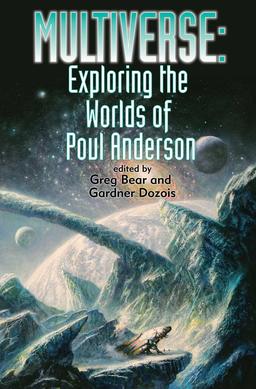 Poul Anderson was one of the greats of 20th Century science fiction and fantasy. He was astoundingly prolific, writing over 70 novels and numerous short stories before his death in 2001. He won virtually every award the field has to offer, including seven Hugos and three Nebulas, and the ambitious project to collect his short fiction, The Collected Short Works of Poul Anderson from NESFA Press, stands at six thick volumes and counting.
Poul Anderson was one of the greats of 20th Century science fiction and fantasy. He was astoundingly prolific, writing over 70 novels and numerous short stories before his death in 2001. He won virtually every award the field has to offer, including seven Hugos and three Nebulas, and the ambitious project to collect his short fiction, The Collected Short Works of Poul Anderson from NESFA Press, stands at six thick volumes and counting.
Multiverse: Exploring the Worlds of Poul Anderson is a tribute anthology edited by Greg Bear and Gardner Dozois that collects all-original fiction from Larry Niven, C. J. Cherryh, Stephen Baxter, Robert Silverberg, David Brin, Harry Turtledove, Terry Brooks, Gregory Benford, Tad Williams, Nancy Kress, and many others. It also contains articles and reminiscences of Anderson by most of the authors involved, plus Jerry Pournelle, Poul Anderson’s wife Karen, his daughter Astrid, and his son-in-law, novelist and co-editor Greg Bear.
For Poul Anderson fans, and for those being introduced to him for the first time, this is a truly invaluable anthology featuring some of the brightest names in the field. Here’s the complete table of contents.
Introduction: My Friend Poul, by Greg Bear
“Outmoded Things” by Nancy Kress
“The Man Who Came Late” by Harry Turtledove
“A Slip in Time” by S. M. Stirling
Living and Working with Poul Anderson, by Karen Anderson
